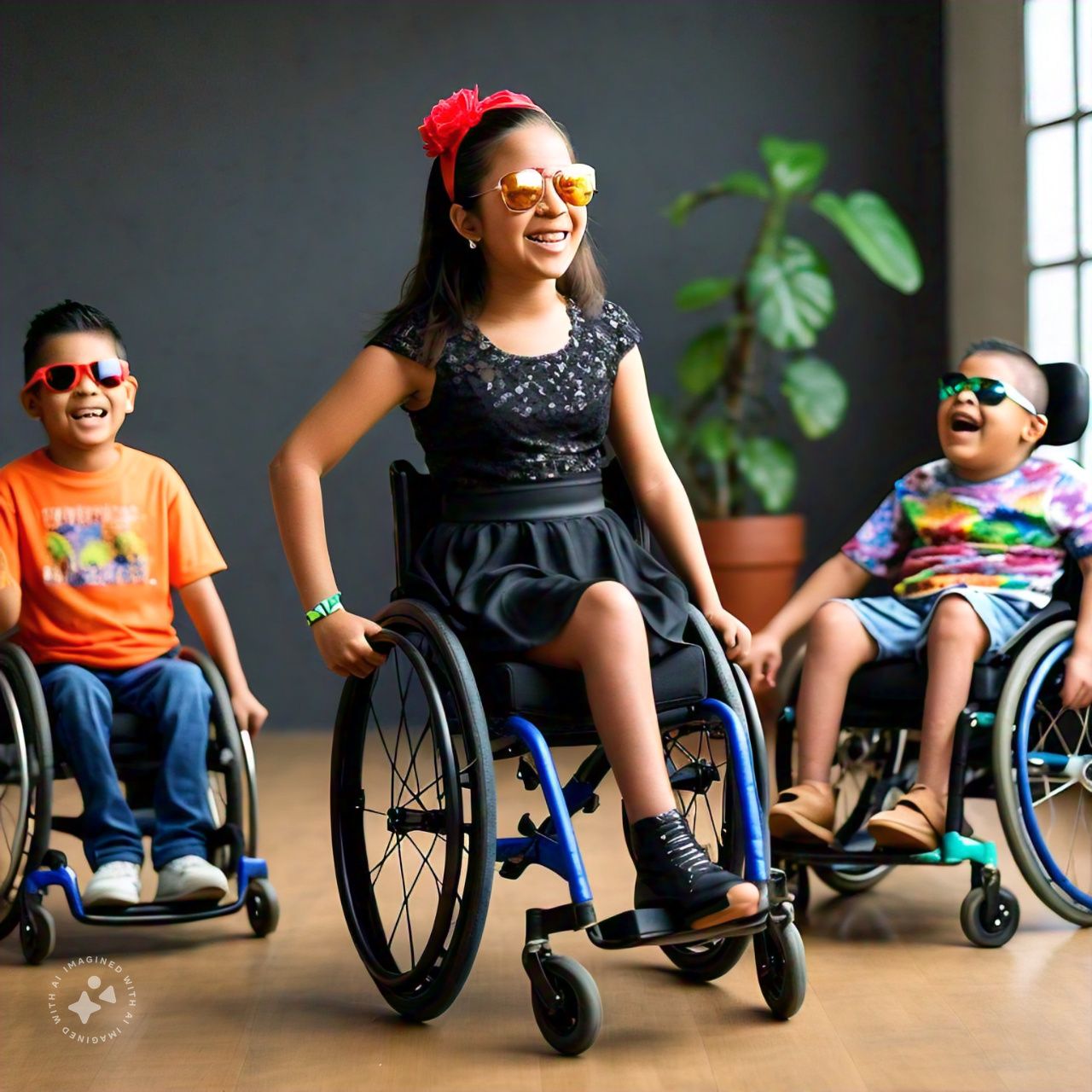
“Empowering Young Minds: Unlocking the Potential of Children with Disabilities”
As a student affairs practitioner, I am committed to creating an equitable learning environment that caters to the diverse needs of all students, particularly those with disabilities. Nigeria has made significant strides in education, but there is still much work to be done to ensure that students with disabilities receive the support they deserve. In this blog post, I will highlight the need for the Nigerian government to provide full tuition scholarships to disabled students, encourage Universities of Education to reform their curriculum, and establish special schools for disabled students in all 36 states.
The Importance of Inclusive Education: Inclusive education is not just a moral imperative, but a constitutional right. The United Nations Convention on the Rights of Persons with Disabilities (CRPD) emphasizes the need for inclusive education, stating that “persons with disabilities have the right to education, and that States Parties should ensure an inclusive education system at all levels.”Nigeria has ratified the CRPD, but the country still faces significant challenges in implementing inclusive education. Students with disabilities often face barriers to accessing quality education, including lack of accessibility, inadequate resources, and stigma.
1. Full Tuition Scholarships for Disabled Students: One way to address these challenges is by providing full tuition scholarships to disabled students. This will enable them to pursue higher education without financial burdens, fostering inclusivity and equal opportunities. Scholarships will not only alleviate financial stress but also promote academic excellence and increase graduation rates among disabled students.
2. Curriculum Reform in Universities of Education: Another critical step is to reform the curriculum in Universities of Education to produce quality teachers specializing in special education. Currently, many teachers lack the training and expertise to meet the unique needs of students with disabilities. By incorporating special education courses into the curriculum, we can ensure that teachers are equipped to create inclusive learning environments that cater to diverse needs.
3. Special Schools for Disabled Students: Establishing special schools for disabled students in all 36 states is crucial to providing tailored resources and support. These schools will offer specialized programs, adaptive technology, and trained staff to meet the specific needs of students with disabilities. Special schools will also promote social integration, self-esteem, and independence among disabled students.Benefits of Inclusive Education:Inclusive education has numerous benefits, including:- Promoting diversity and social integration- Empowering disabled students to reach their full potential- Enhancing teacher training and expertise in special education- Fostering a supportive and accessible learning environment.
Conclusion: In conclusion, inclusive education is a fundamental right that requires urgent attention in Nigeria. By providing full tuition scholarships to disabled students, reforming curriculum in Universities of Education, and establishing special schools for disabled students, we can create a more inclusive education system that caters to diverse needs. I urge the Nigerian government, educators, and stakeholders to join hands in making inclusive education a reality. Together, we can empower disabled students to thrive and reach their full potential.
Wow, this is amazing!
thank you so much sir the the enlightenment. thanks again.
This is beautiful.
I WOULD LIKE THIS TO BE IMPLEMENTED BY THE NIGERIAN GOVERNMENT.
Affirmative!
Thank you for this Information I enjoyed reading it.
Good blog.
Supported!